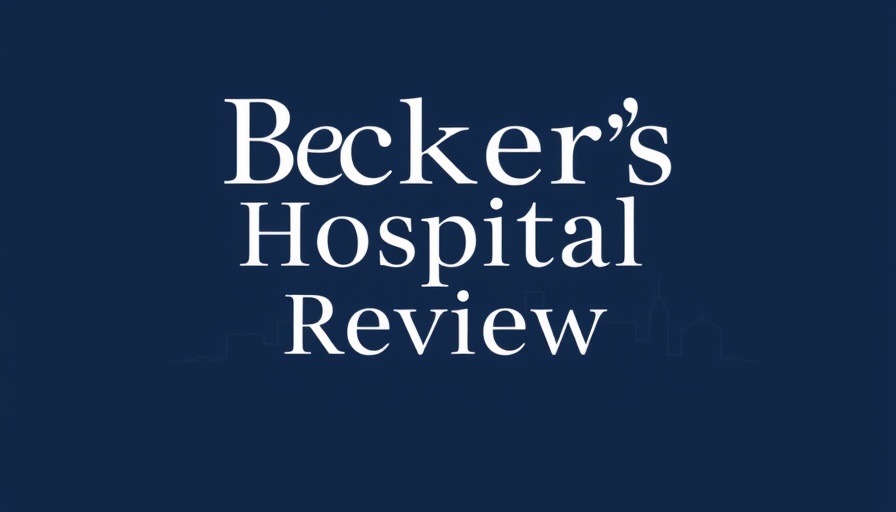
Elevating Healthcare Through Physician-Led Governance
In today’s rapidly evolving healthcare landscape, where corporate mergers and new payment models often take center stage, one paradigm continues to shine: physician-led governance. At the forefront of this model is BayCare Clinic in northeastern Wisconsin, where a unique blend of clinical expertise and strategic leadership fosters an environment deeply committed to patient-centered care.
Understanding the Core Principles of Physician-Led Governance
Physician-led governance is more than a buzzword; it is a sustainable framework that prioritizes the insights and experiences of healthcare providers at every level. At BayCare Clinic, with nearly 250 subspecialists and advanced practice providers, this governance structure empowers clinicians to lead and innovate, ensuring a solid alignment between patient care and strategic direction. This structure not only enhances accountability but also attracts dedicated specialists drawn by the chance to shape their own practice while contributing to cutting-edge medicine.
Real-World Impact and Innovation
One of the standout features of this governance model is its capacity for rapid innovation, particularly evident during crises like the COVID-19 pandemic. Clinicians collaborated to create COVID-negative surgical pathways, reinstating elective surgeries much sooner than anticipated. This proactive approach has allowed hospitals under BayCare's umbrella to maintain high standards of care, even in challenging circumstances. Such innovative responses create a model for agility and effectiveness that can inspire healthcare providers everywhere.
Addressing Current Healthcare Challenges
Today, healthcare leaders face significant challenges like the national IV fluid shortage. Through innovative thinking, BayCare responded by developing protocols to minimize the need for IV fluids in certain low-risk elective procedures, showcasing how physician-led governance facilitates not just recovery but also strategic problem-solving amid ongoing operational strains.
Value of Community Engagement in Patient Care
True healthcare transformation requires more than just effective governance; it needs a strong community connection. BayCare’s Board of Managers, featuring practicing physicians, exemplifies how local insights can enhance care delivery. This community-centric approach echoes the principles of patient engagement and aligns with the ongoing push for healthcare systems to prioritize patient experience and outcomes.
Looking Forward: The Future of Healthcare Leadership
As healthcare continues to evolve, the integration of healthcare automation tools and patient engagement technology will be essential. Innovations like remote therapeutic monitoring (RTM), telehealth revenue streams, and practice efficiency solutions can be seamlessly integrated into a physician-led model. This ensures that healthcare providers not only meet regulatory compliance but also enhance patient satisfaction and care outcomes. Adapting to these technologies can further optimize practice revenue and empower physicians to focus on what they do best: patient care.
Taking Action: Embrace Physician Leadership
The path to sustainable, patient-centered healthcare demands changes in governance and practice frameworks. Embracing a physician-led governance model can not only elevate patient care but also create a work environment that boosts morale and retention among medical staff. Whether you're part of a rural health clinic, a family practice, or an independent pharmacy, these principles can be adapted to fit your needs and improve your service delivery.
Healthcare providers are encouraged to consider how these insights can be woven into their practice. From enhancing patient engagement to integrating cutting-edge technology, taking proactive steps toward governance that emphasizes physician leadership can significantly improve health outcomes and operational efficiency.
Ready to lead your practice into a more sustainable future? Start implementing these governance strategies today and watch your patient care soar.
 Add Row
Add Row  Add
Add 




Write A Comment